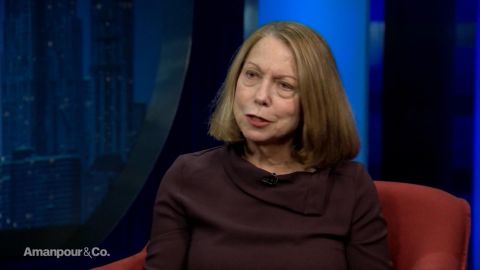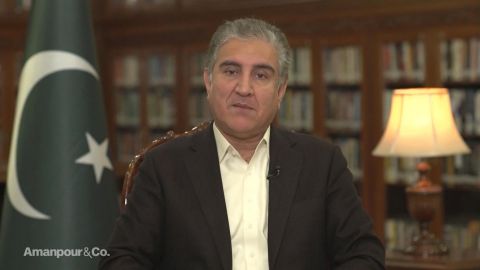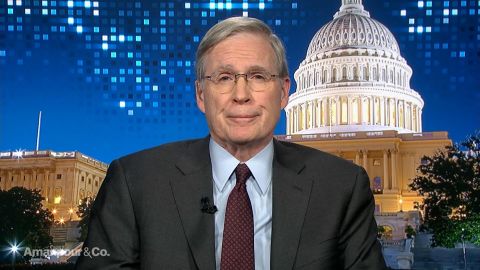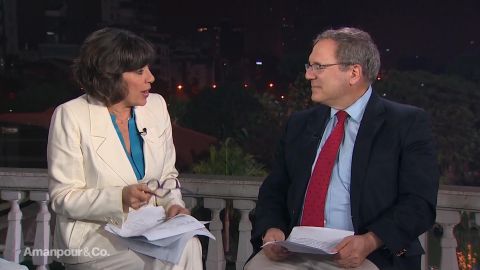Read Transcript EXPAND
AMANPOUR: Can I just ask you to confirm for me some of the deescalatory steps? Prime Minister Imran Khan has said that Pakistan will release the captured Indian pilot. Can you confirm that? Has it happened? When will it happen?
QURESHI: Well, he made a statement while he was addressing the joint session of parliament and this was a goodwill gesture and we feel that this should be an expression of Pakistan’s willingness to deescalate. We are willing to hand him over as soon as possible, perhaps tomorrow.
AMANPOUR: Here we are in Hanoi where the president of the United States, the leader of North Korea, have been trying, so far unsuccessfully, to deescalate and denuclearized. The whole issue of nuclear weapons is so dangerous in front of mind. And here we had the situation between you and India, two nuclear armed nations who have been to war before and it really captured the world’s attention. It looked very, very serious. How serious was it?
QURESHI: Well, the situation certainly was serious, when India attacked Pakistan, when the violated our airspace and drop bombs in Pakistan, when they violated the U.N. charter, when they violated international law and undertook an act of aggression, this was serious. You know, the Indian air force is fully mobilized, the Pakistani air force is fully mobilized. How dangerous can it be?
AMANPOUR: Well, I mean, you know, you raise the exact question. I mean, is this the kind of situation that had it not deescalated could have tipped you both over the brink? Could you envision all-out war between India and Pakistan?
QURESHI: I hope not. That would be mutual suicide. Pakistan never wants to escalate, Pakistan never wants to be in a hostile position. From day one, you know, when this comment came into office, Prime Minister Imran Khan offered, “That if you take one step towards peace, we will take two.” He wrote to the Indian prime minister saying, “Let the two foreign ministers meet to on the sidelines in New York so that they can chat a way forward.” When this Pulwama tragic incident took place and I landed in Munich for the security conference and I learnt about it, what did I do? The first thing was condemn it, condole and then the prime minister made a very balance, a very reasonable offer, that listen, “If you have actual evidence, share it with us and we would honestly, sincerely investigate.” I wish India, instead of attacking Pakistan, should have shared their evidence and the dossier, which we use — we received today earlier.
About This Episode EXPAND
Christiane Amanpour discusses the US-North Korean summit with New York Times National Security Correspondent David Sanger and former U.S. National Security Adviser Stephen Hadley. She also talks nuclear-rtension in India and Pakistan with Pakistani Foreign Minister Shah Mehmood Qureshi. Jill Abramson joins Walter Isaacson to discuss accusations of plagiarism plaguing her new book.
LEARN MORE



